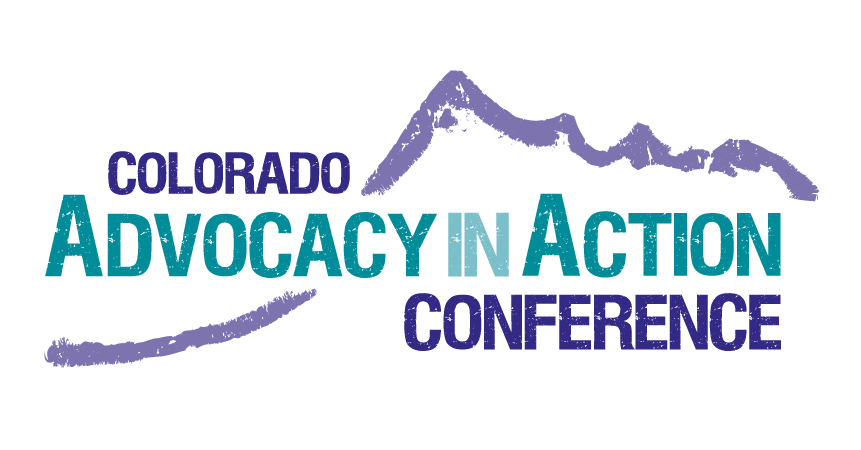Social Justice Counseling 101: What All the Buzz is About
With the rapid diversification of our society, it is increasingly essential for advocates and social service providers to be proficient in social justice competencies. Yet, most counselor education and employee training programs continue to use traditional models based in Eurocentric norms. Social Justice Counseling can be considered a “fifth force” in counseling approaches, preceded by Psychodynamics, Cognitive Behavioral, Humanistic, and Multicultural counseling. Social Justice Counseling theory views that advocates are uniquely positioned to address social justice issues, emphasizing prevention, client-defined, trauma-informed and strength-based approaches. Incorporating Social Justice Counseling in our practice and connecting victims/survivors’ mental health conditions to a broader context of violence can help transform social structures by recognizing the impact that unequal power, unearned privileges, and oppression has on one’s psychological, social, and spiritual well-being. This workshop introduces participants to Social Justice Counseling as a tool for promoting holistic human development and the common good as a mean for social change.
